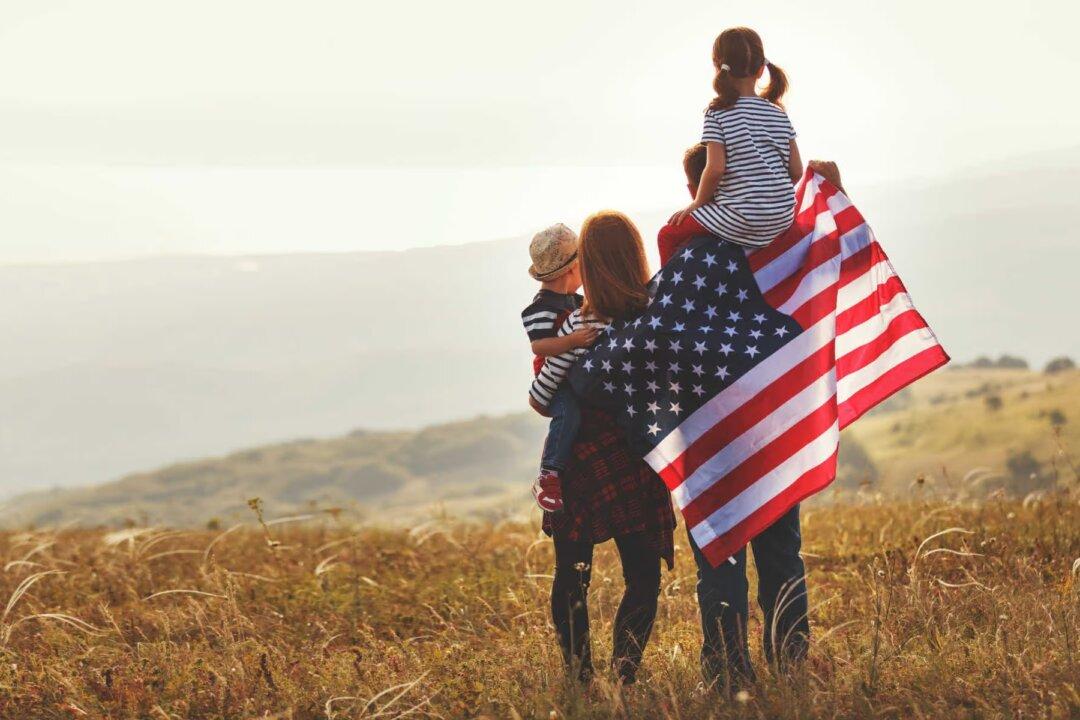Commentary
The Wall Street Journal has conducted a poll with the most interesting results. From 1998 to the present, the percentage of Americans who say that patriotism is an important value has crashed from 70 percent to 38 percent. The bulk of the fall has happened since 2019. More results will be discussed in a bit, but let’s first focus on this issue of patriotism.





